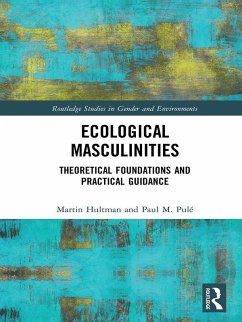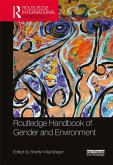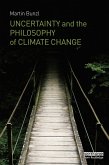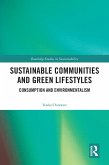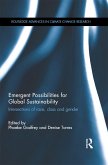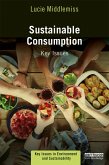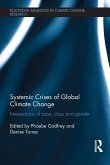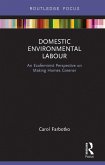The economic, social and political benefits of industrialisation come at a terrible cost to both women and men and indeed to all of life on Earth. This book brings home to modern Western men and masculinities the importance of shifting away from industrial masculinities and towards deeper, greener, pluralised and ecologised masculinities.
Dieser Download kann aus rechtlichen Gründen nur mit Rechnungsadresse in A, B, BG, CY, CZ, D, DK, EW, E, FIN, F, GR, HR, H, IRL, I, LT, L, LR, M, NL, PL, P, R, S, SLO, SK ausgeliefert werden.
Hinweis: Dieser Artikel kann nur an eine deutsche Lieferadresse ausgeliefert werden.

